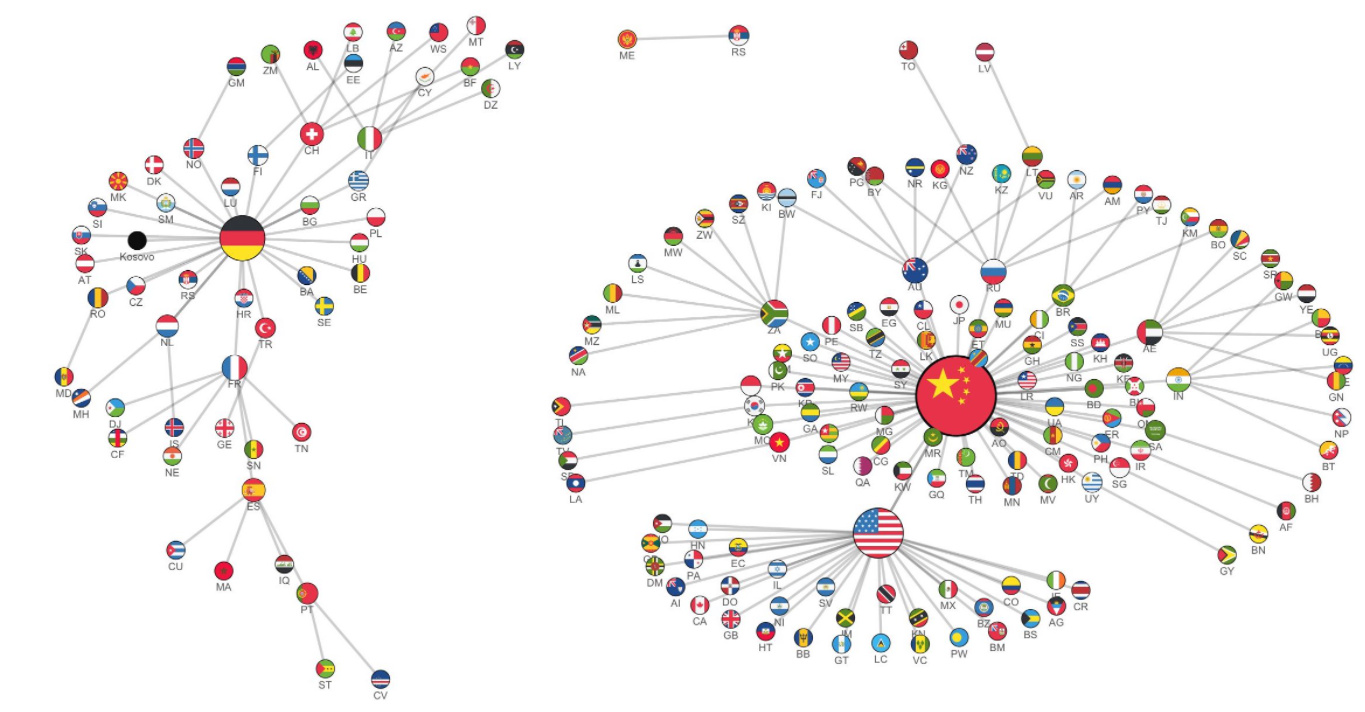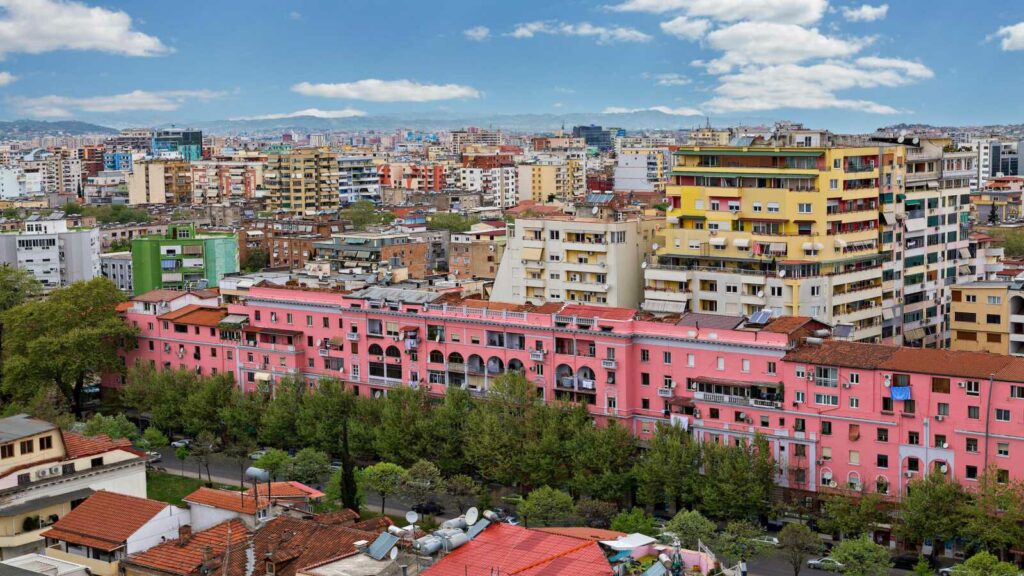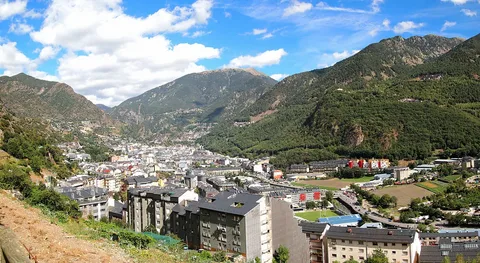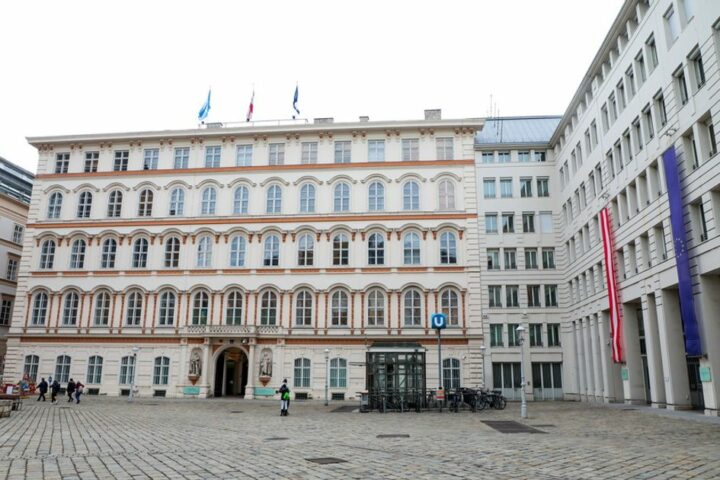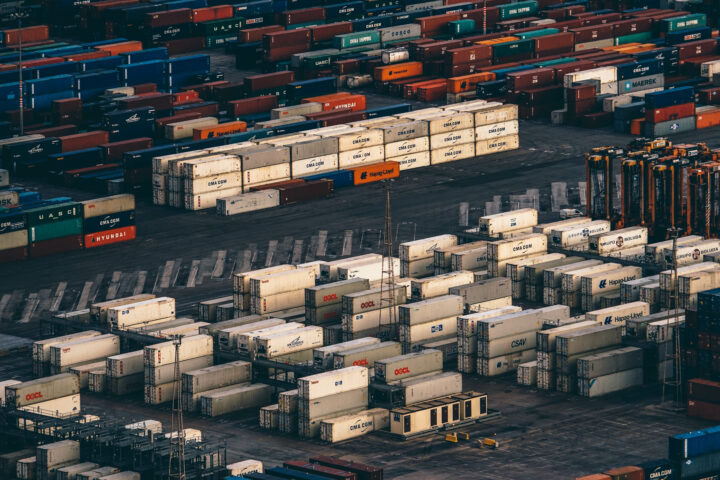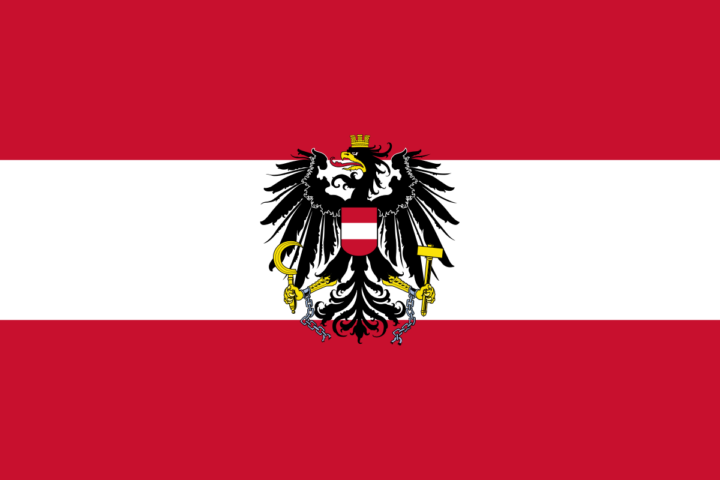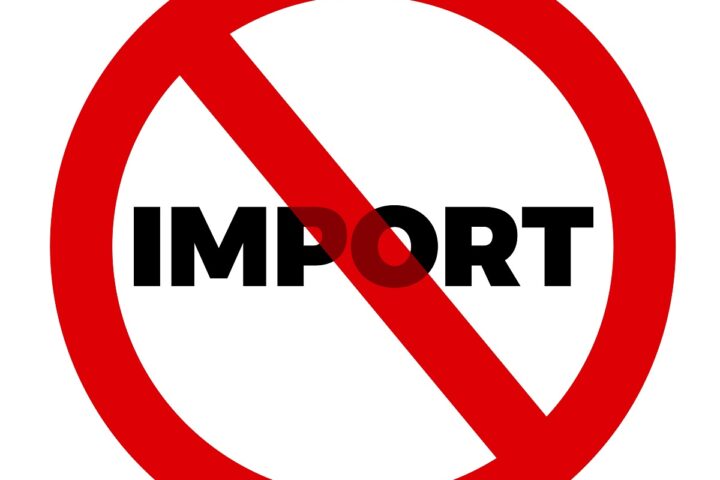Albania’s trade relationships play a crucial role in its economic development and global integration. Let’s explore the country’s major trade partners and the dynamics of its international trade.
Overview of Trade Partnerships
Albania engages in trade with various countries across the globe, fostering economic ties and facilitating the exchange of goods and services. Understanding its major trade partners provides insights into the country’s economic landscape.
European Union (EU)
As a candidate country for EU membership, Albania maintains significant trade relations with EU member states. The EU serves as Albania’s largest trading partner, accounting for a substantial portion of its imports and exports. Trade agreements and partnerships with EU nations contribute to Albania’s economic growth and stability.
Italy
Italy stands out as one of Albania’s most significant bilateral trade partners. Close geographical proximity and historical ties have facilitated extensive trade relations between the two countries. Italy imports various goods from Albania, including minerals, textiles, and agricultural products, while also investing in sectors such as energy and infrastructure.
Greece
Greece is another prominent trade partner for Albania, with bilateral trade encompassing a diverse range of goods and services. Albania exports minerals, textiles, and agricultural products to Greece, while also importing machinery, chemicals, and petroleum products. Geographic proximity and cultural affinity contribute to the strong economic ties between the two countries.
Turkey
Turkey has emerged as an increasingly important trade partner for Albania in recent years. Bilateral trade between the two countries has expanded significantly, encompassing various sectors such as textiles, construction materials, and machinery. Turkey’s investments in Albania’s energy and infrastructure sectors further strengthen their economic cooperation.
Fun and Interesting Facts
- Albania’s trade relations extend beyond its immediate neighbors to include countries in Europe, Asia, and the Americas, diversifying its economic partnerships.
- The Port of Durres, Albania’s largest seaport, serves as a vital gateway for international trade, facilitating the movement of goods to and from various countries.
- Albania’s accession to the World Trade Organization (WTO) in 2000 signaled its commitment to promoting international trade and adhering to global trade regulations.
Frequently Asked Questions
What are Albania’s main exports?
Albania’s primary exports include minerals such as chromium and copper, textiles, footwear, and agricultural products such as vegetables, fruits, and tobacco.
How does Albania benefit from its trade relationships with neighboring countries?
Trade partnerships with neighboring countries contribute to Albania’s economic growth by facilitating the exchange of goods, attracting foreign investment, and fostering regional cooperation.
Are there any challenges associated with Albania’s trade relations?
Despite the benefits of international trade, Albania faces challenges such as trade imbalances, infrastructure constraints, and regulatory barriers that affect its trade competitiveness and economic development.
Conclusion
Albania’s major trade partners play a crucial role in shaping its economic landscape, driving economic growth, and fostering global integration. Strengthening trade relations with key partners while addressing challenges will be essential for Albania’s continued economic development and prosperity.
- Turkey Flag and Meaning - July 18, 2024
- Turkey Holidays - July 17, 2024
- Armenia Major Trade Partners - July 15, 2024

